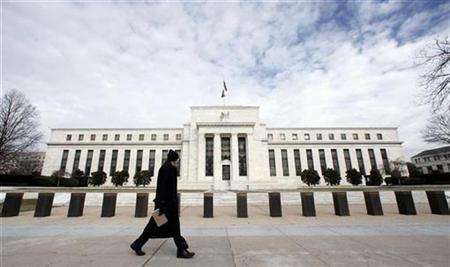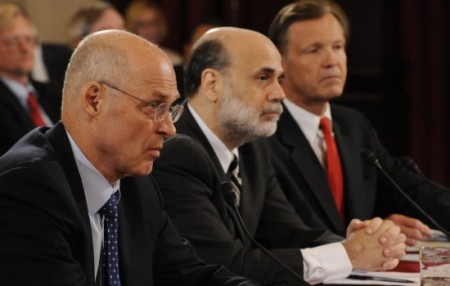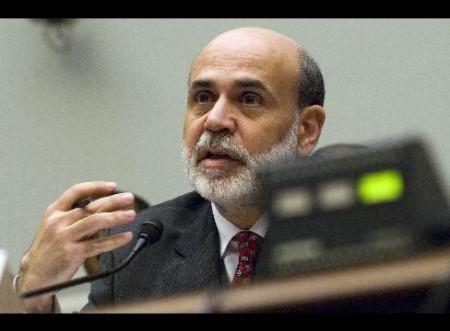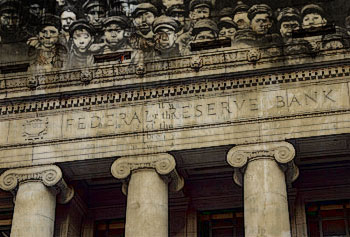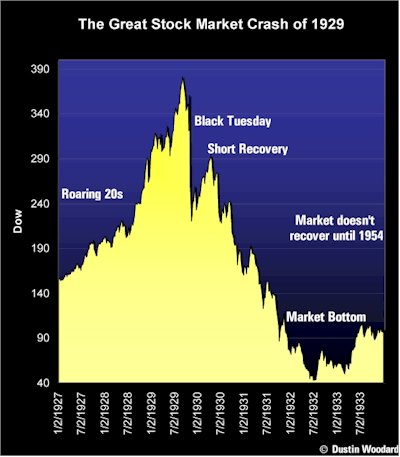The U.S. economy is in a recession, possibly the worst since World War II, Rogers said.
“They’re ruining what has been one of the greatest economies in the world,” Rogers said. Bernanke and Paulson “are bailing out their friends on Wall Street but there are 300 million Americans that are going to have to pay for this.”

July 14 (Bloomberg) — The U.S. Treasury Department’s plan to shore up Fannie Mae and Freddie Mac is an “unmitigated disaster” and the largest U.S. mortgage lenders are “basically insolvent,” according to investor Jim Rogers.
Taxpayers will be saddled with debt if Congress approves U.S. Treasury Secretary Henry Paulson‘s request for the authority to buy unlimited stakes in and lend to Fannie Mae and Freddie Mac, Rogers said in a Bloomberg Television interview. Rogers is betting that Fannie Mae shares will keep tumbling.
Goldman Sachs Group Inc. analyst Daniel Zimmerman said the mortgage finance companies’ shares may fall another 35 percent and lowered his share-price estimate for Fannie Mae to $7 from $18 and for Freddie Mac to $5 from $17. Freddie Mac fell 64 cents, or 8.3 percent, to $7.11 in New York Stock Exchange trading, while Fannie Mae fell 52 cents, or 5.1 percent, to $9.73.
“I don’t know where these guys get the audacity to take our money, taxpayer money, and buy stock in Fannie Mae,” Rogers, 65, said in an interview from Singapore. “So we’re going to bail out everybody else in the world. And it ruins the Federal Reserve’s balance sheet and it makes the dollar more vulnerable and it increases inflation.”
The chairman of Rogers Holdings, who in April 2006 correctly predicted oil would reach $100 a barrel and gold $1,000 an ounce, also said the commodities bull market has a “long way to go” and advised buying agricultural commodities.
`Solvency Crisis’
Read moreJim Rogers: Fannie Plan a `Disaster’; Goldman Says Sell
